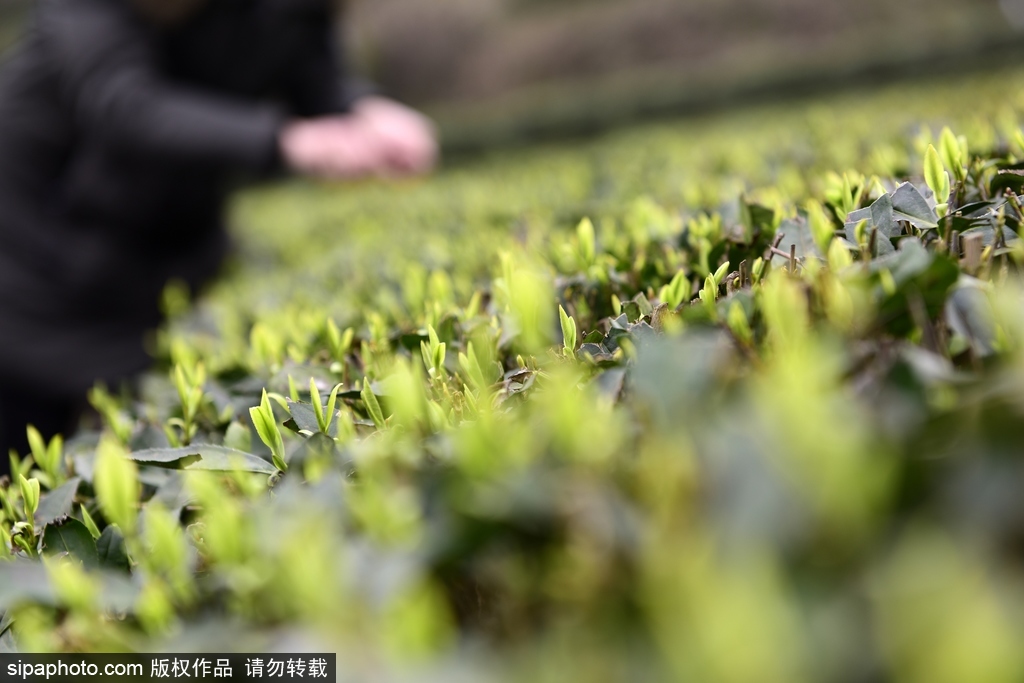Chinese study finds aromas help plants resist cold weather


BEIJING - Aromatic plants not only have a sweet smell but also a strong tolerance to cold weather. A new Chinese study found that adding a floral scent to tea plants may help them withstand low temperatures.
Cold weather is an environmental stress factor that can limit the distribution, survival and growth of various plants. But the study published in the scientific journal New Phytologist says that increasing the concentration of aromatic substances in tea plants can enhance their resistance to cold temperatures.
Researchers from east China's Anhui Agriculture University have discovered that nerolidol, an aromatic substance accumulated in tea plants in cold weather, can be converted into a type of glucose by a key gene UGT91Q2. As the glucose is produced, it feeds the plant and is then gradually converted into other nutrients that promotes plant survival and growth when the temperature drops, subsequently enhancing the plant's cold tolerance.
Song Chuankui, lead researcher, said plants' cold resistance discovery might have significant potential applications in the food and cosmetics sectors.
- China provides job placement to 250,000 demobilized officers, veterans in five years
- War veteran urges youth to remember history
- China's western metropolis preserves, reuses WWII shelters
- Macao employment steady in Q2: census service
- 21 cases of illegal activities related to land, natural resources reported in Q2
- Chinese researchers develop satellite-based method to quantify global landfill methane emissions





































